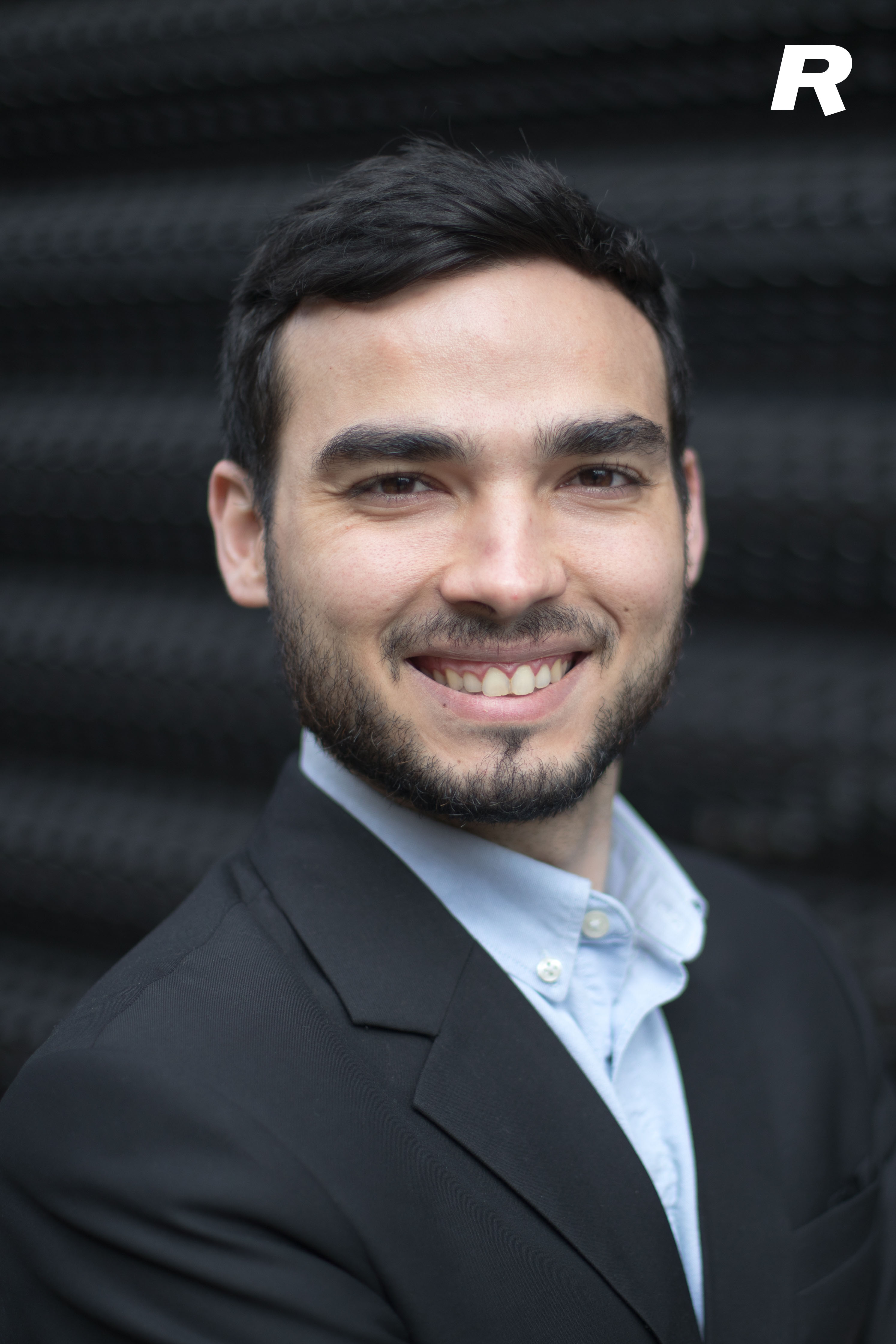Even with her generally excellent foresight, Khadija Mubasher (MBA ’21) couldn’t have predicted the epiphany she’d experience during her Rotman MBA program.
Having trained as a medical doctor, Mubasher was very familiar with the concept of the post-mortem, when medical teams look back at challenging cases to determine what went wrong and consider what they could do better next time. When she stepped into Professor András Tilcsik’s virtual Catastrophic Failure in Organizations class and learned about the pre-mortem — the practice of looking ahead to understand what could go wrong and preventing missteps before they happened — her eyes were opened to new ways of thinking and looking at problems.

Khadija Mubasher (MBA ’21)
“The pre-mortem approach has given me the ability to ask those forward-looking questions that a lot of people don't necessarily think about,” explains Mubasher, who is now an associate and program director with the Bay Mills Investment Group, a venture capital firm focused on investing in startups led by Black, Indigenous and racialized co-founders.
She is often tasked with assessing a startup’s potential so that she can guide her firm in making smart investment decisions.
“The concept completely changed how I make decisions today in my personal and professional career,” she explains.
Mubasher is among countless Rotman graduates who draw on the powerful management approaches they acquired at the School every day in their work. These strategies, which are grounded in academic theory and research, are needed now more than ever as business leaders take on enormously complex challenges: from mitigating climate change to creating more inclusive workplaces to crafting recovery plans following a global pandemic.
Why we need business leaders who think like researchers
To make progress and drive change effectively, leaders need to be able to analyze situations objectively (while being aware of certain biases they might hold) to identify the root problems and recommend strategies for moving forward. In other words, the world needs business leaders who think like researchers.
At a research-intensive business school like the Rotman School of Management — which is currently ranked in the global top 10 for research output by the Financial Times — students have the unique opportunity to learn from experts who are actively engaged in research that addresses the most pressing issues in business and society.
Mubasher felt incredibly lucky to complete a class taught by Professor Tilcsik, especially one that served as the basis for his best-selling book Meltdown: Why Our Systems Fail and What We Can Do About It, winner of the 2019 National Business Book Award.
While Meltdown readers are provided with a comprehensive overview of how complexity causes failure in all kinds of modern systems, the book’s concepts truly come to life in the MBA course. Students get to engage in class discussions on the material and direct their follow-up questions to Tilcsik.
This isn’t the only MBA class that has served as the basis for a best-selling business book: Professor Sarah Kaplan’s latest book, The 360° Corporation: From Stakeholder Trade-offs to Transformation, was based on the popular and similarly-named MBA elective she teaches at Rotman. Broadly speaking, classes across the School often draw on faculty research and reflect the latest management thinking.
Tackling real-world problems with research centres
Outside of class, students also have opportunities to tackle real-world issues by working with research centres across the Rotman School.
When Pablo Nazé (MBA ’20) was introduced to the problem of discrimination biases in machine learning in a first-year CDL introductory course, he was inspired to do something about it.
“My immediate thought was ‘how can we start solving these problems?’ Every organization is interested in leveraging machine learning and data, so it’s critical that we address some of the major issues around fairness and AI,” explains Nazé, who had worked in data analytics before pursuing his MBA and had long been interested in issues of social justice and fairness.

“It’s up to you to take the knowledge you’ve acquired and find a way to put it into practice meaningfully.”
— Pablo Nazé, MBA ’20
He successfully applied to the MBA student fellowship program with the Institute for Gender and the Economy (GATE) and embarked on a year-long project aimed at understanding how companies can mitigate gender bias in machine learning. He devoted his second year to interviewing practitioners, poring over academic papers and even flying to Spain to attend the ACM Conference on Fairness, Transparency, and Accountability (ACM FAccT). Drawing on these experiences, he developed a comprehensive final report.
“Following this experience, I’m not afraid to tackle massive problems,” says Nazé, who now works with data as a principal sale operations analyst with Ceridian. “I had a very unique MBA experience in that I had the opportunity to take a complex real-world problem and develop a structured set of solutions to contribute to our understanding in the field.”
“I think some incoming students might not see the value of pursuing an MBA at a school that’s so academically and research-focused,” Nazé explains. “Finding the purpose is your job as the MBA student or graduate. It’s up to you to take the knowledge you’ve acquired and find a way to put it into practice meaningfully.”
Written by Rebecca Cheung | More Student Stories »